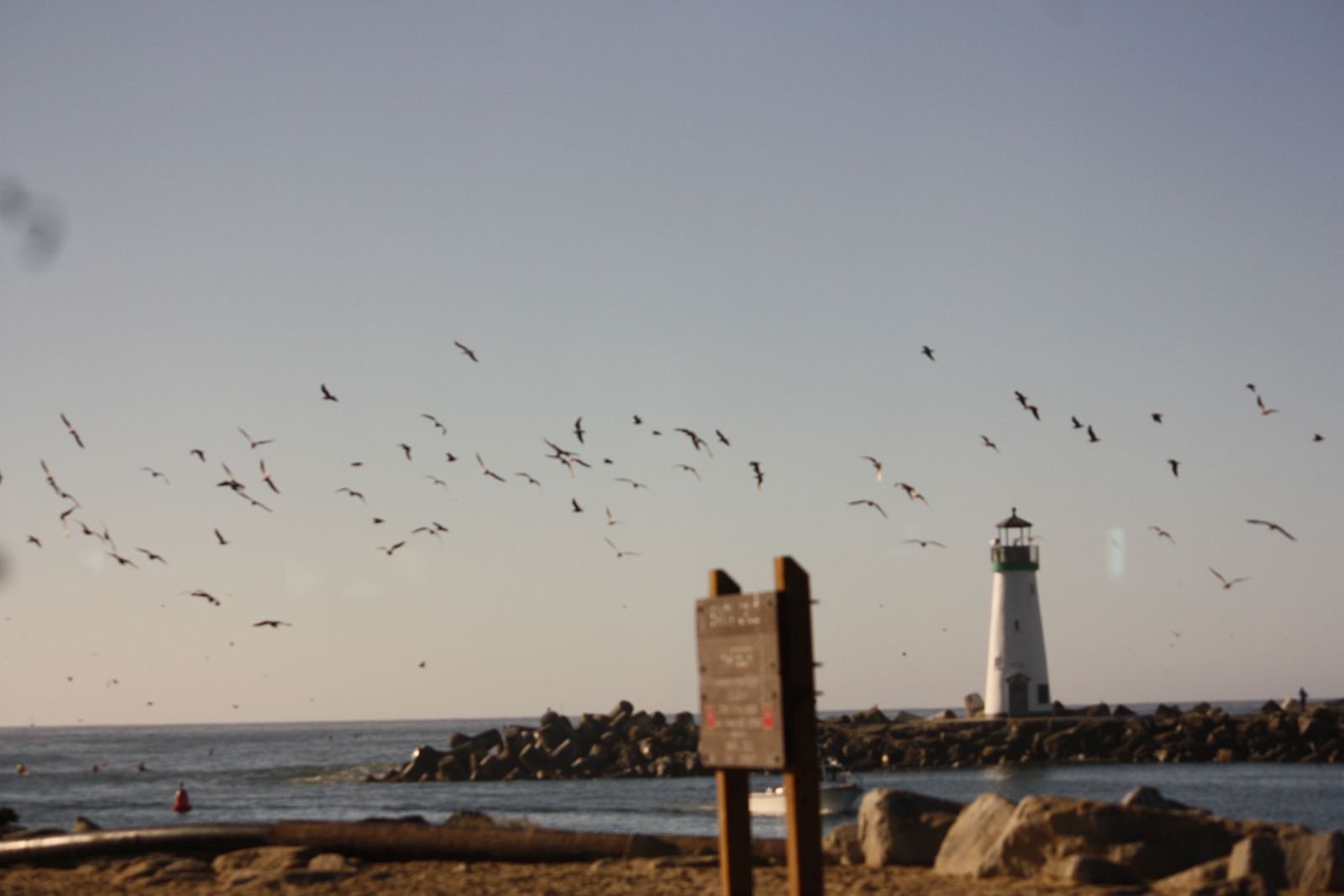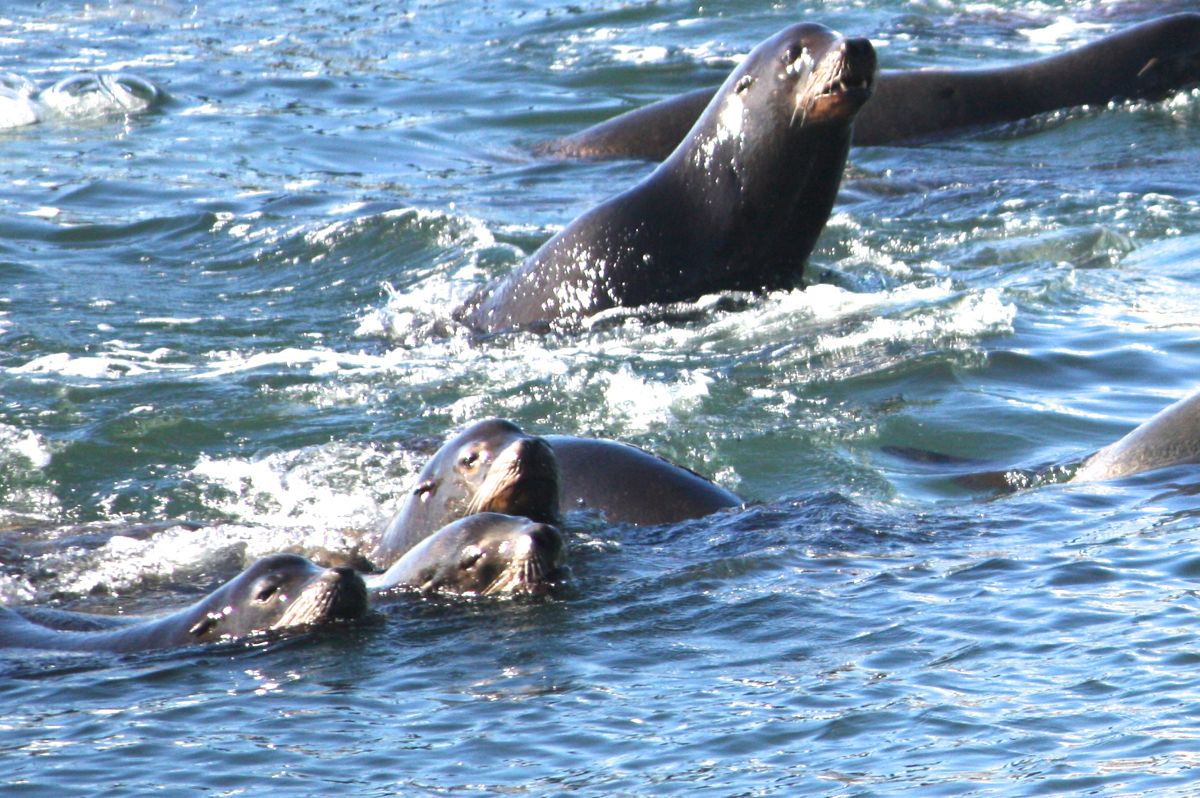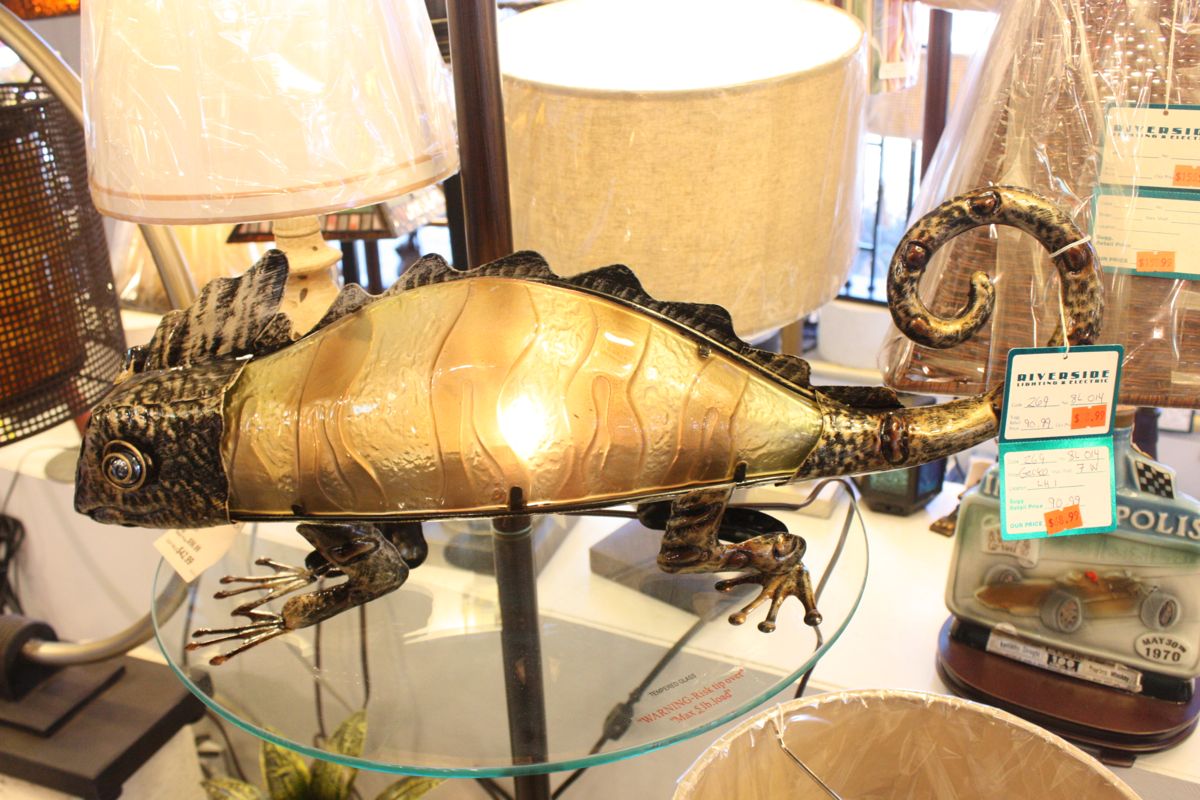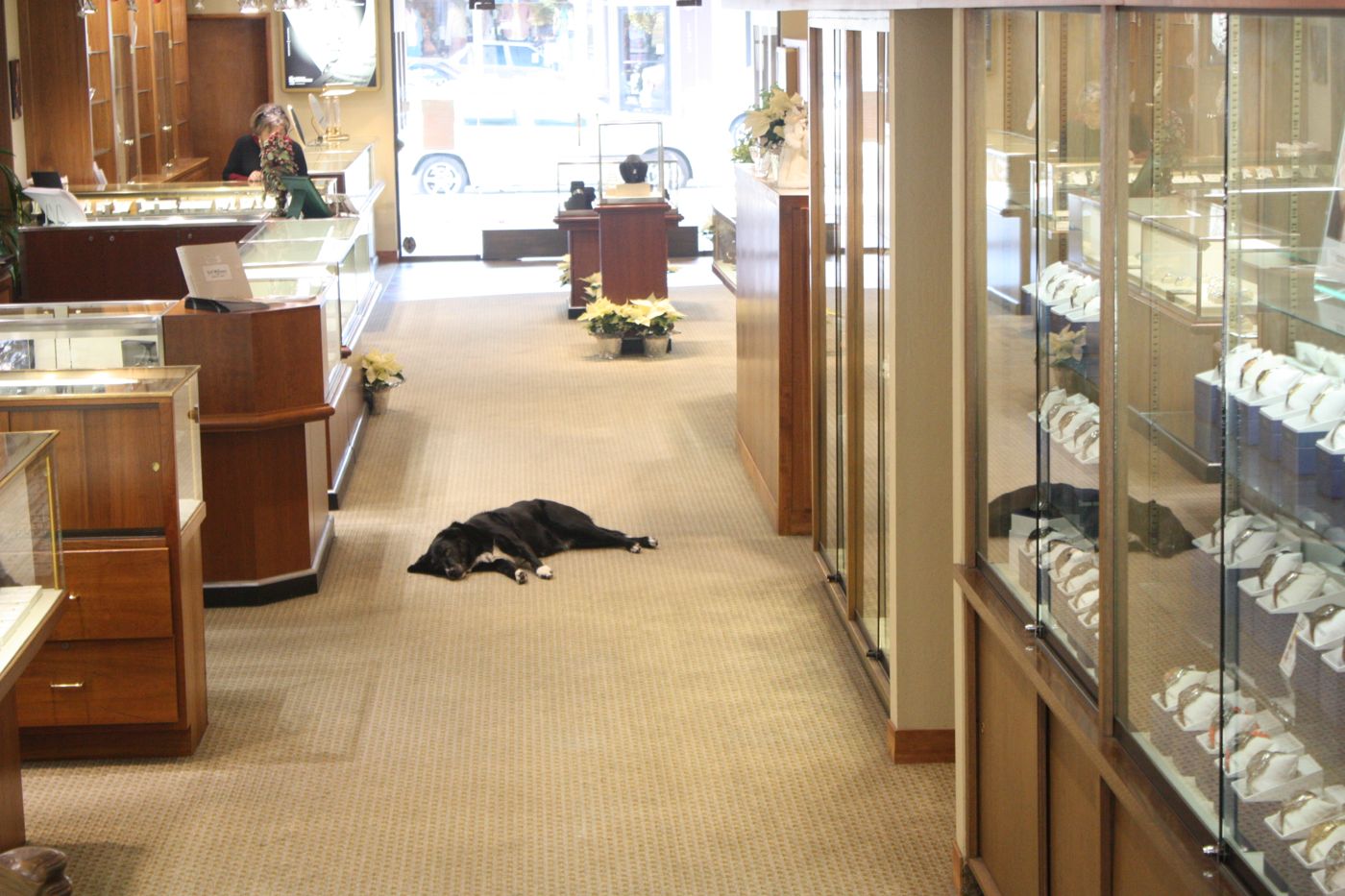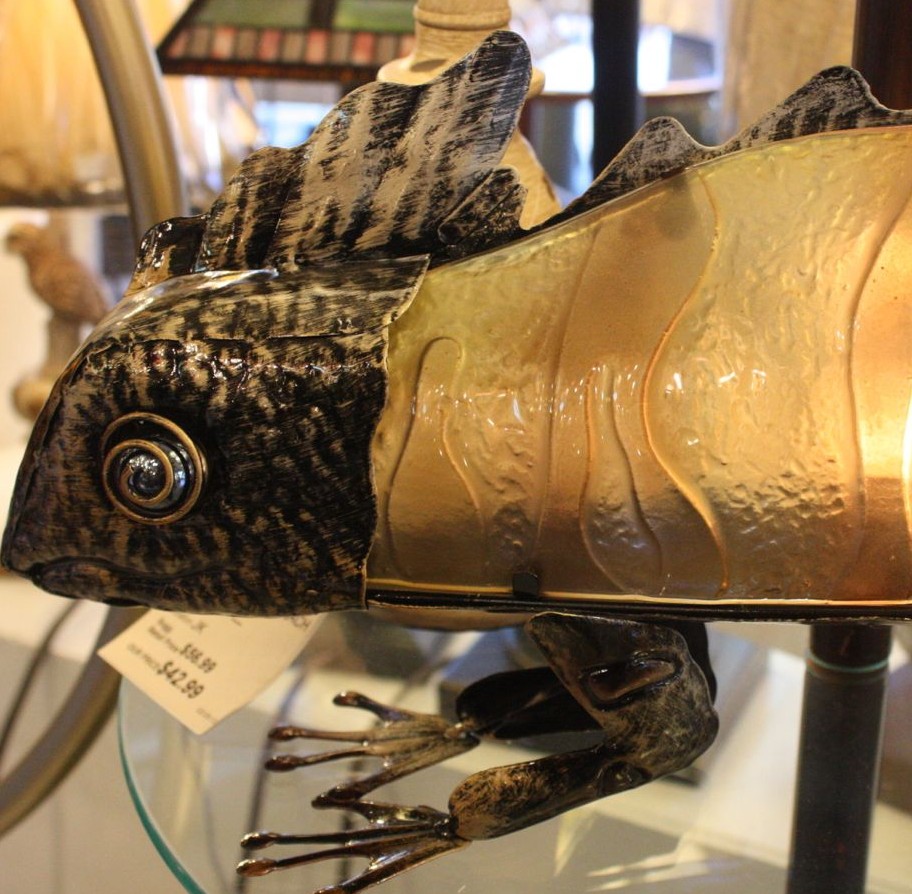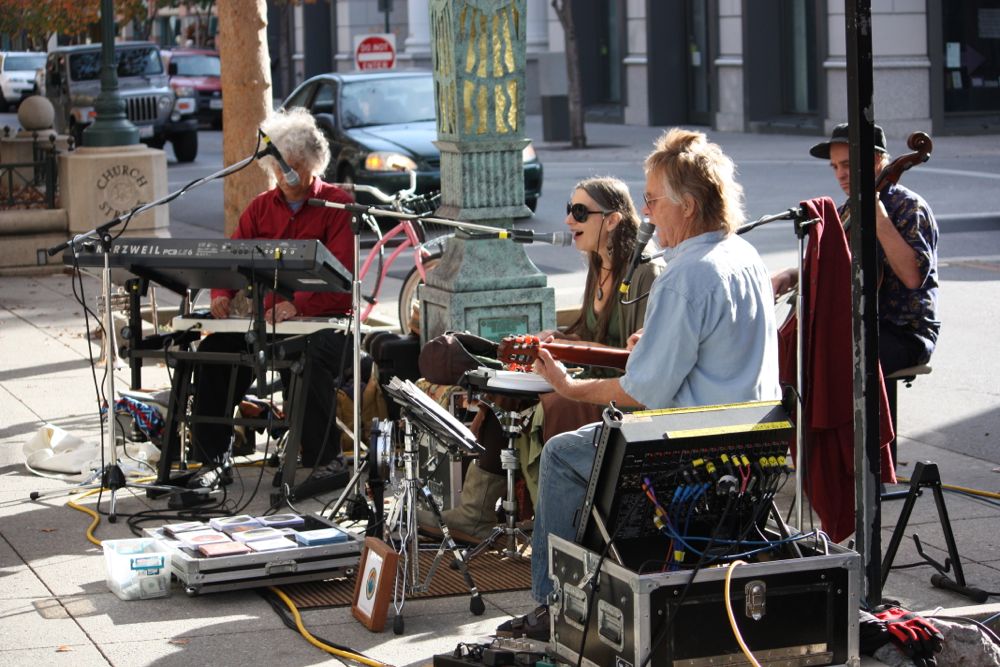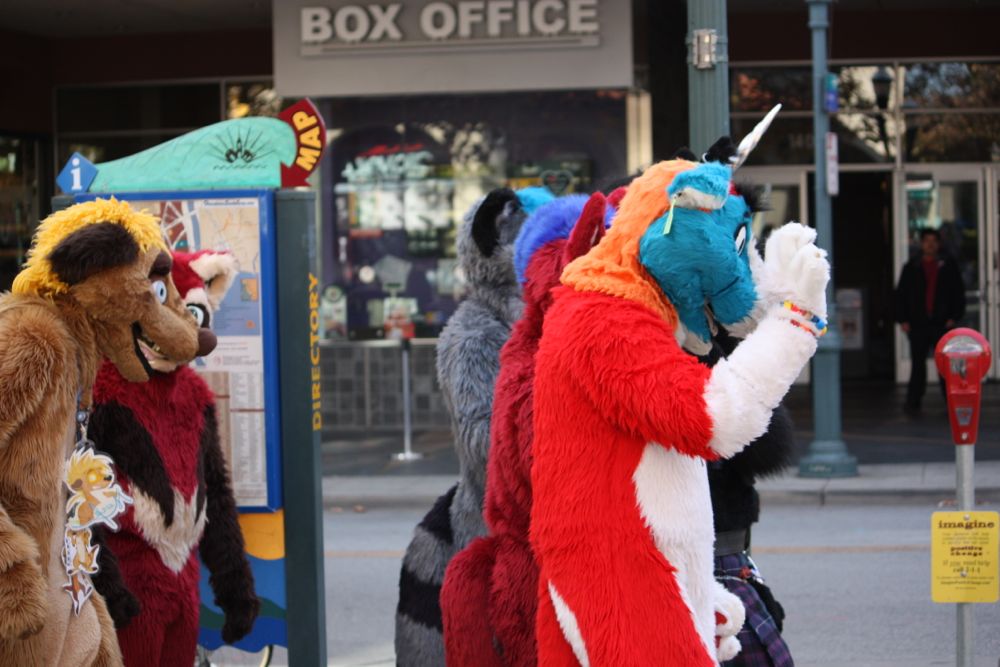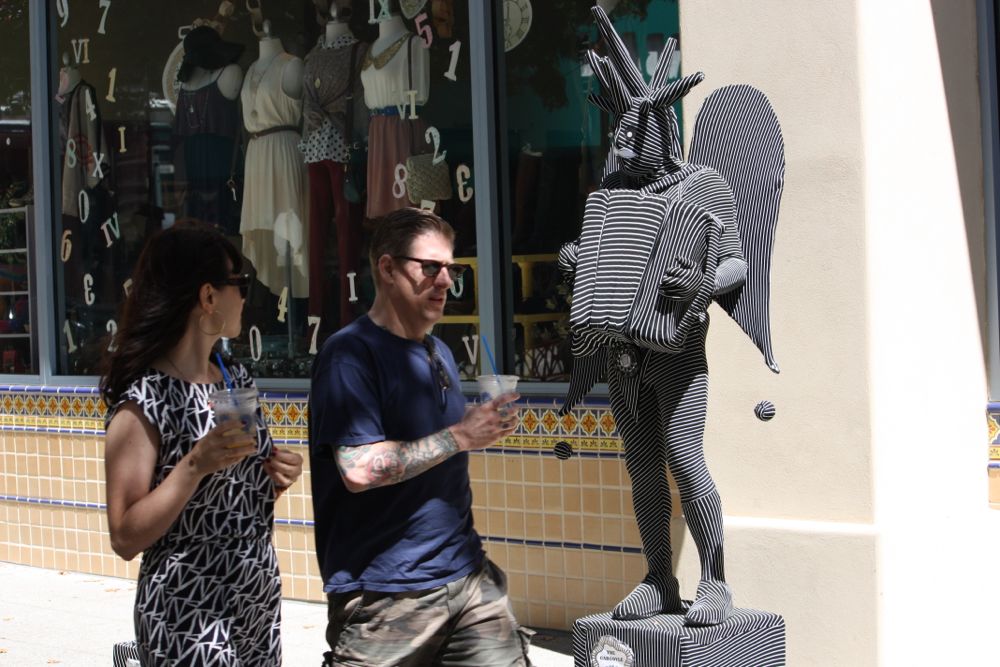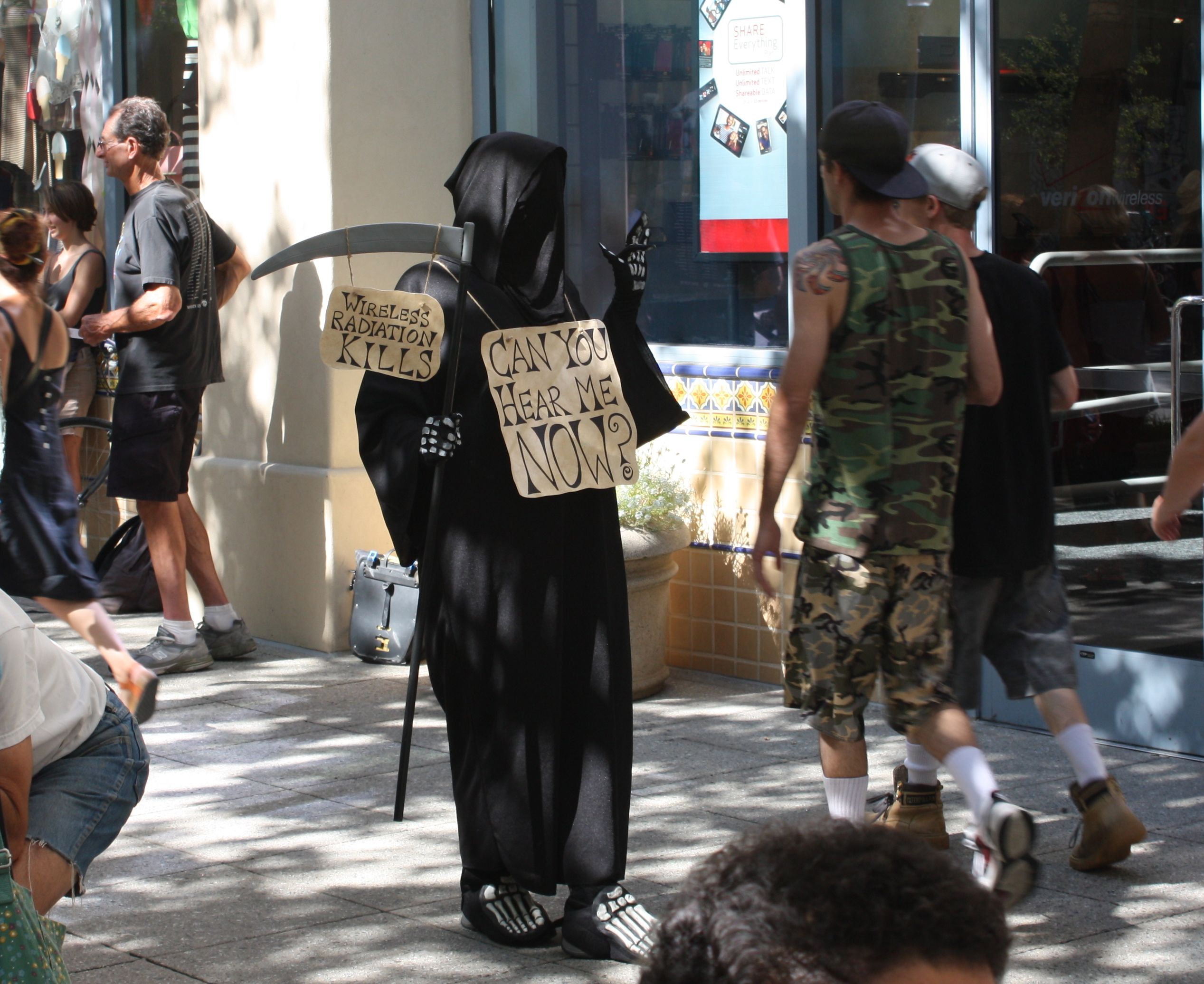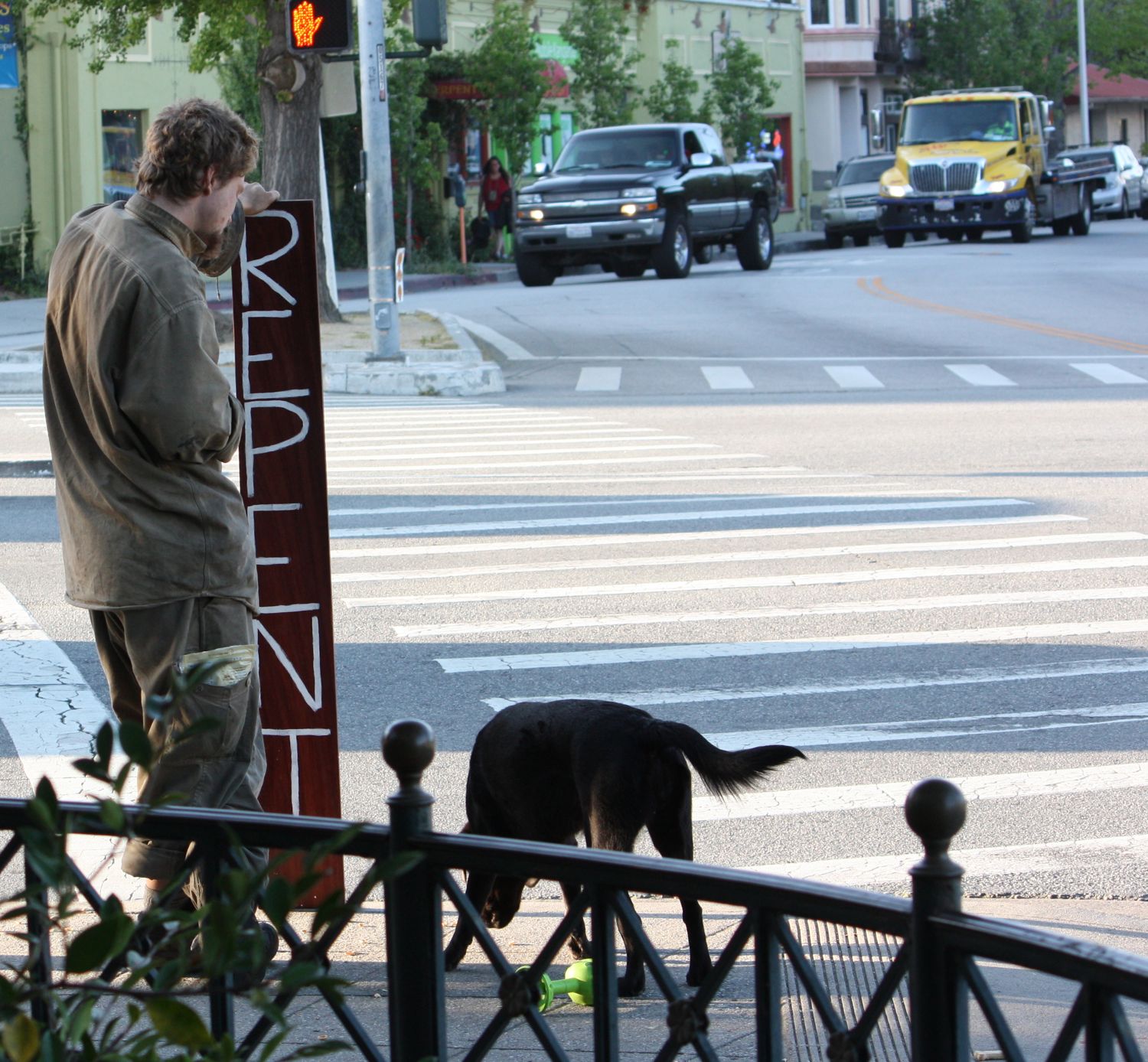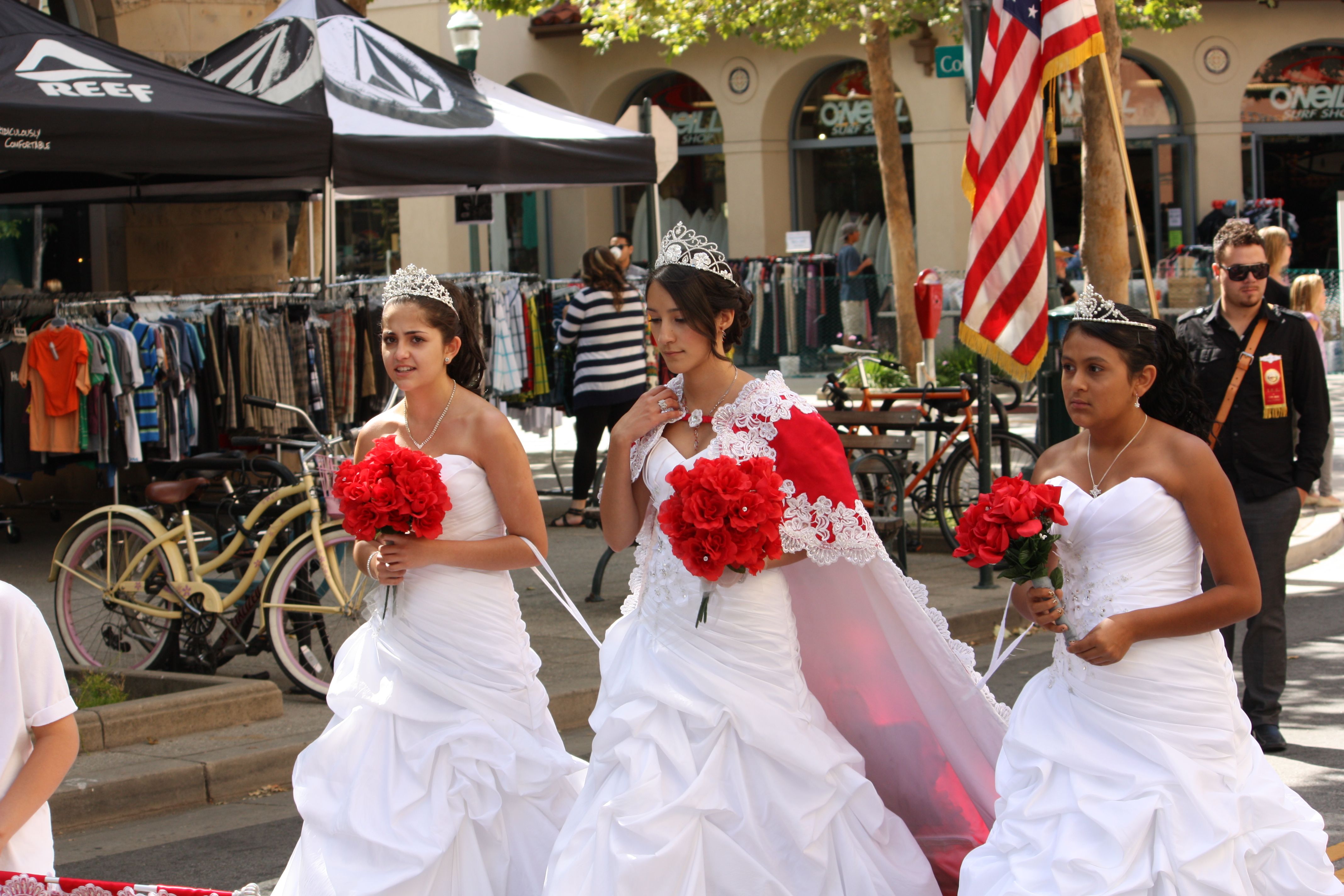On weekdays I like to rise at around 5:30 to feed the cats, meditate, and get the day going. I need no alarm clock; we live near the highway, and in the dawn my sleeping brain monitors the growing roar of the morning traffic until it hears the habitual noise level for 5:30 am. Then it wakes me.
There are more precise clocks, but this one works well enough. It fails me on weekends and holidays, when traffic is light and there is no commute, or a later one. But those are not days when I care to rise early. So I count this as no flaw.
And I have slept late for the past two weeks. Rhumba and I took the time off, and much of Santa Cruz took it with us; the university closed, the schools closed, and many businesses closed. Construction projects shut down or slowed.
This is not a place that people come to on the holidays. It’s a place that they leave. The roar of the morning commute at 5:30 softens to a purr, and my brain does not recognize the time. It lets me sleep.
Time is funny. It is something that we all agree to measure in certain ways. But unless we measure it constantly, it gets away from us. I wonder if subjective time is the only time that’s actually natural, and if the precision of hours, minutes and seconds is actually unnatural, just a construct of accountants and scientists. Get us off the treadmill of our daily schedule, and the hours, seconds, and even days fall away.
Last Friday afternoon I dropped Rhumba at a coffee house to sketch and drink Assam tea while I went to the gym to stagger through a few exercises. It’s a coffee house that we visit often; Rhumba even belongs to a knitting group that meets there Saturdays.
When I returned to the coffee house I found Rhumba sitting at the big common table with Gwynn, a friend of hers and a fellow knitter. Gwynn was, in fact, knitting as I came in.
“So far we’re the only two who’ve show up for knitting,” Gwynn told me. She’d bought cookies for the crowd. That gave me pause; the knitting group meets on Saturday, but…
“Isn’t it Friday?” I asked the two of them. They assured me it was not; even Rhumba, who had not expected to find the knitters there, but naturally assumed that Gwynn knew what she was talking about.
“No, it’s Saturday,” Gwynn said. “I know because I have some place I have to be tomorrow.” It was a long trip, 100 miles or more to get to a gig. Gwynn’s a pianist and music teacher.
Did I really, I thought, lose a day of blessed vacation in some mental haze? I was willing to accept the idea, if a bit sadly. No use getting worked up; I did have the day, even if I didn’t remember it. “Mental haze” is a fairly common state for me.
But shouldn’t all days be at least slightly memorable? I felt cheated; I needed proof.
The middle of the table held the usual drift of used newspapers that one finds in coffee houses. I picked one up. Its date was Friday.
Old newspapers can hang around for days, though; no proof there. So I accosted a young man at the milk-and-sugar station. “Do you know what day it is?” I asked him. “Is it Friday, or Saturday?”
His eyes crossed slightly, and I could hear the wheels go ’round in his head. “Friday,” he said finally. “I think. January 1 was on a Wednesday, and i calculated forward from that. So it’s Friday. I think.”
“Is today Friday, or Saturday?” I asked the two baristas behind the counter. They looked at each other and thought. Neither had the answer off the top of their heads.
“Friday, maybe?” the woman offered hesitantly.
“Probably Friday,” the man said after a second.
“Yes, Friday,” they finally said, more or less in unison. With some difficulty, a space/time consensus had been achieved.
I returned to the common table. “It’s Friday,” I told Rhumba and Gwynn. “They all say so. I got my Friday back.”
“I don’t know how I got to think it was Saturday,” Gwynn said. I’d saved her an hundred-mile trip to Vallejo on the wrong day.
But I know what happened. Gwynn teaches music; but she’d cancelled all her lessons for the past two weeks because so many of her students would be out of town. The young man at the coffee station was likely a student, off his normal schedule because the schools were closed. Even the baristas may have been working different schedules to fill in for workers who’d left town.
We’d all cut loose from our routines. And thus from time itself: at least the time-card and class-schedule version of time.
I have no doubt that civilization, or most of it, could run well enough with a loose sense of time. But then it would be harder to know who should be paid how much for a precisely-measured period of service. Or how to pack the maximum number of patients into a precisely scheduled orthodontist’s day. I’m seeing one tomorrow; he wants me there at 10 am sharp with paperwork in hand. Hup hip hup. Time’s a wasting. Time is money.
Actually, time is life, and our means of measuring it is an artifact of civilization. A hundred and fifty years ago, few people knew precisely what time it was, or always even what day it was. Or needed to. The fact that we need to know now: that’s not progress. The knowing is not for our benefit. It is a means of control by which our services can be bought, sold, and measured in a standardized way. Our services: and the moments of our all-too-finite lives.
I could spend more time on these thoughts, but it’s late, and Rhumba wants to get to bed on time, so that we can get up in the morning at a reasonable hour and make a good breakfast. Before we get to work precisely at 8 o’clock.
I’m giving in. No rebellion from me tonight. And in the morning the sound of traffic at 5:30 will wake me, if the hungry cats do not get to me first. They are faithful timekeepers, if not very precise; they run on the stomach clock. And it is almost always fast.


